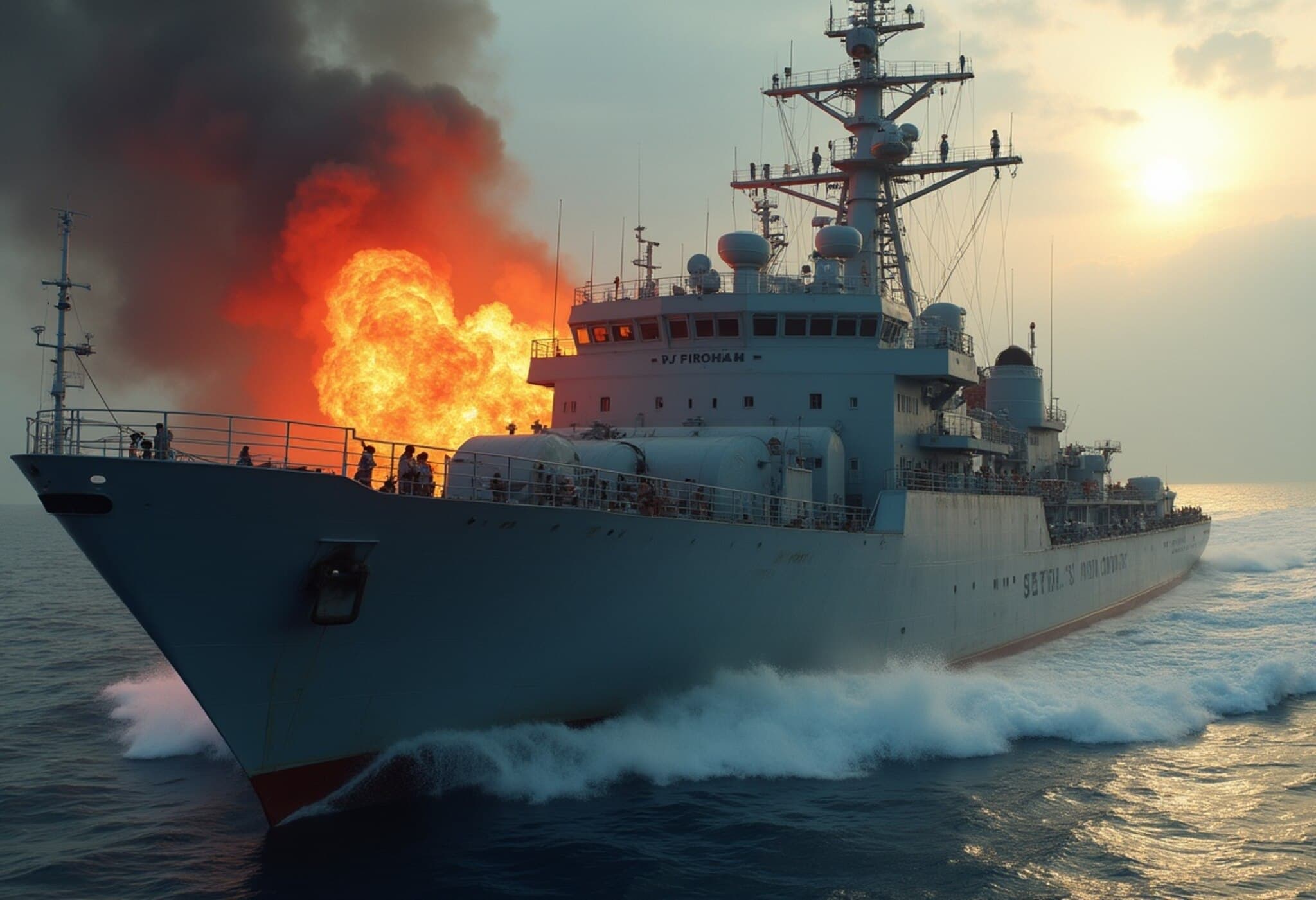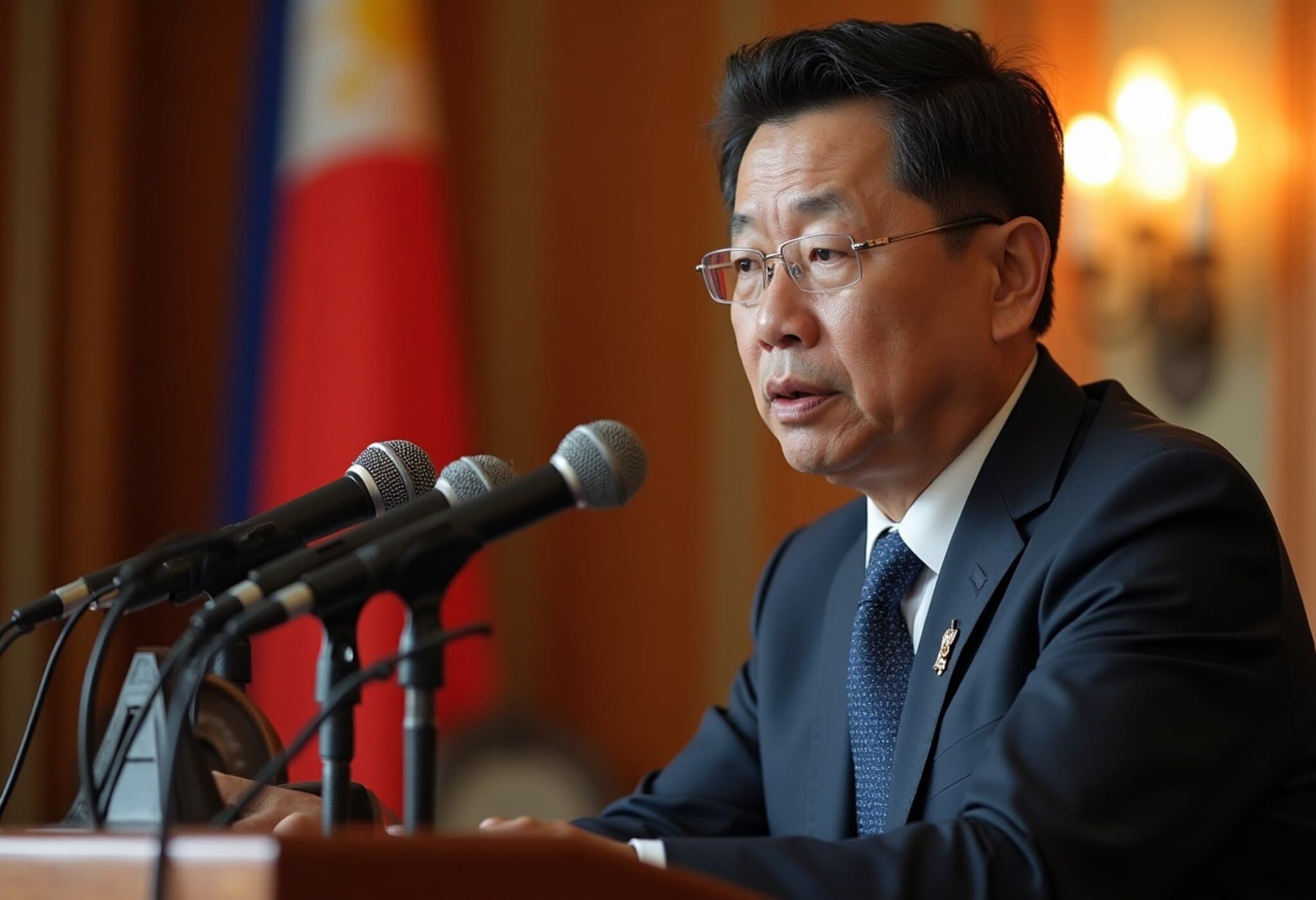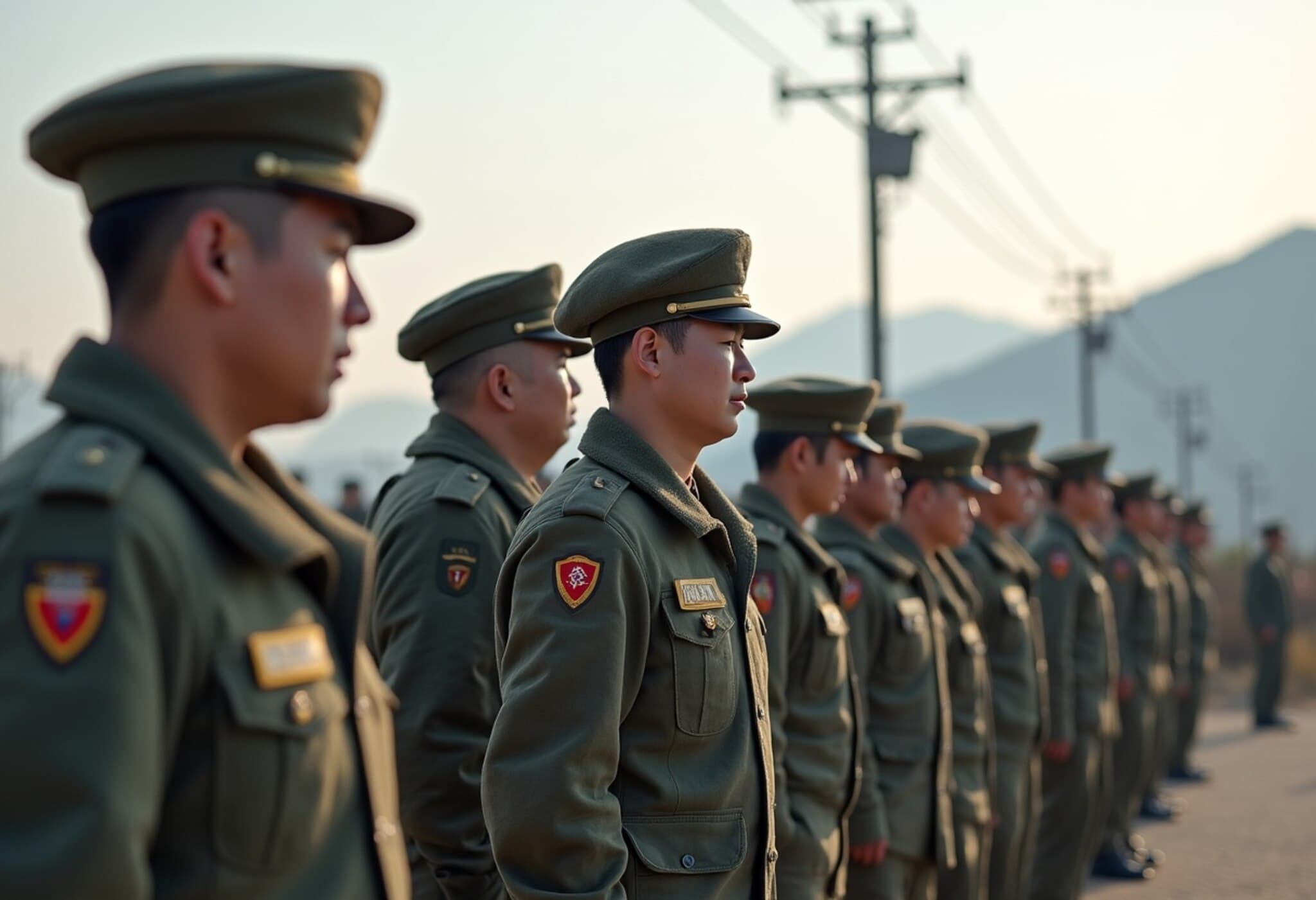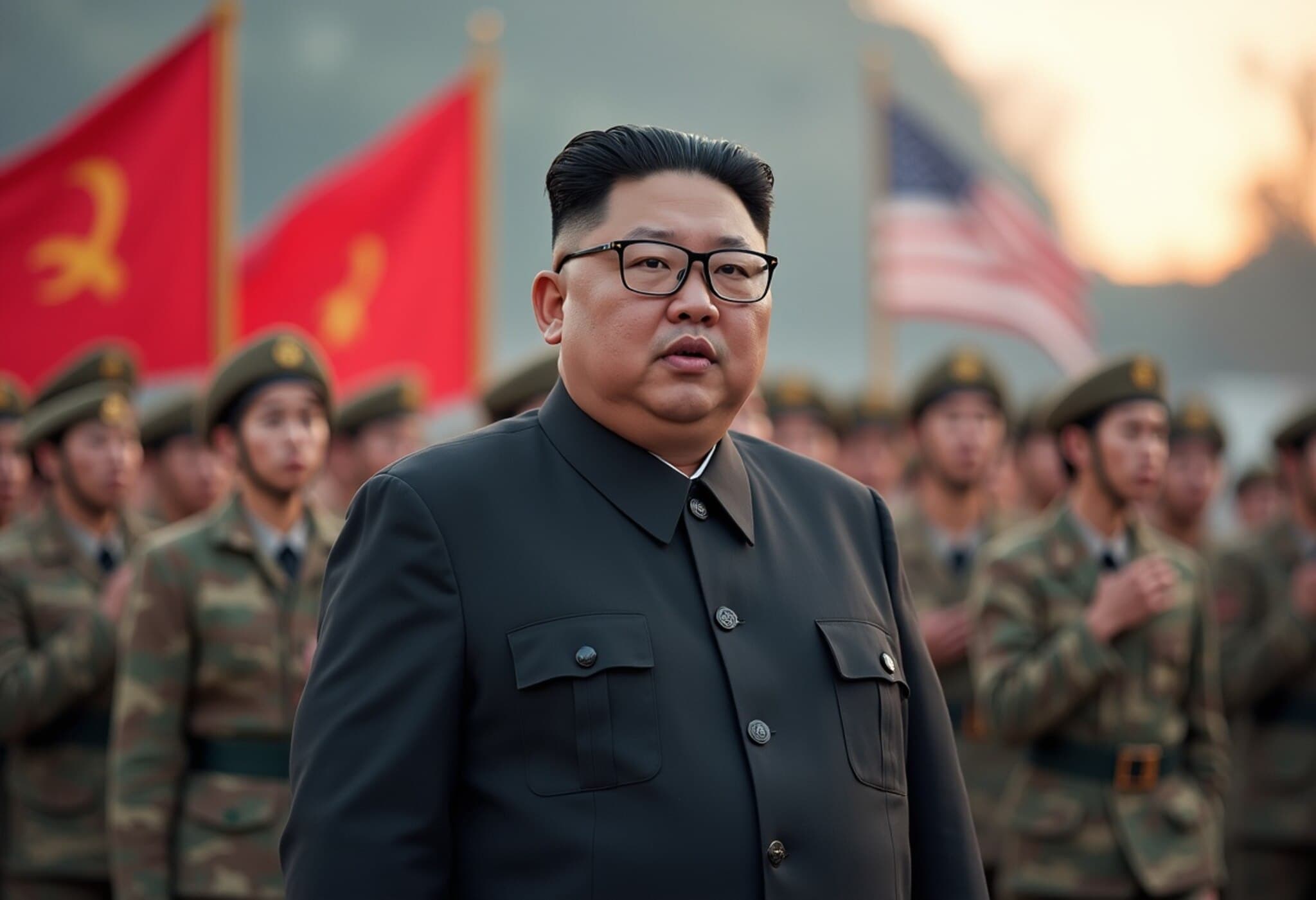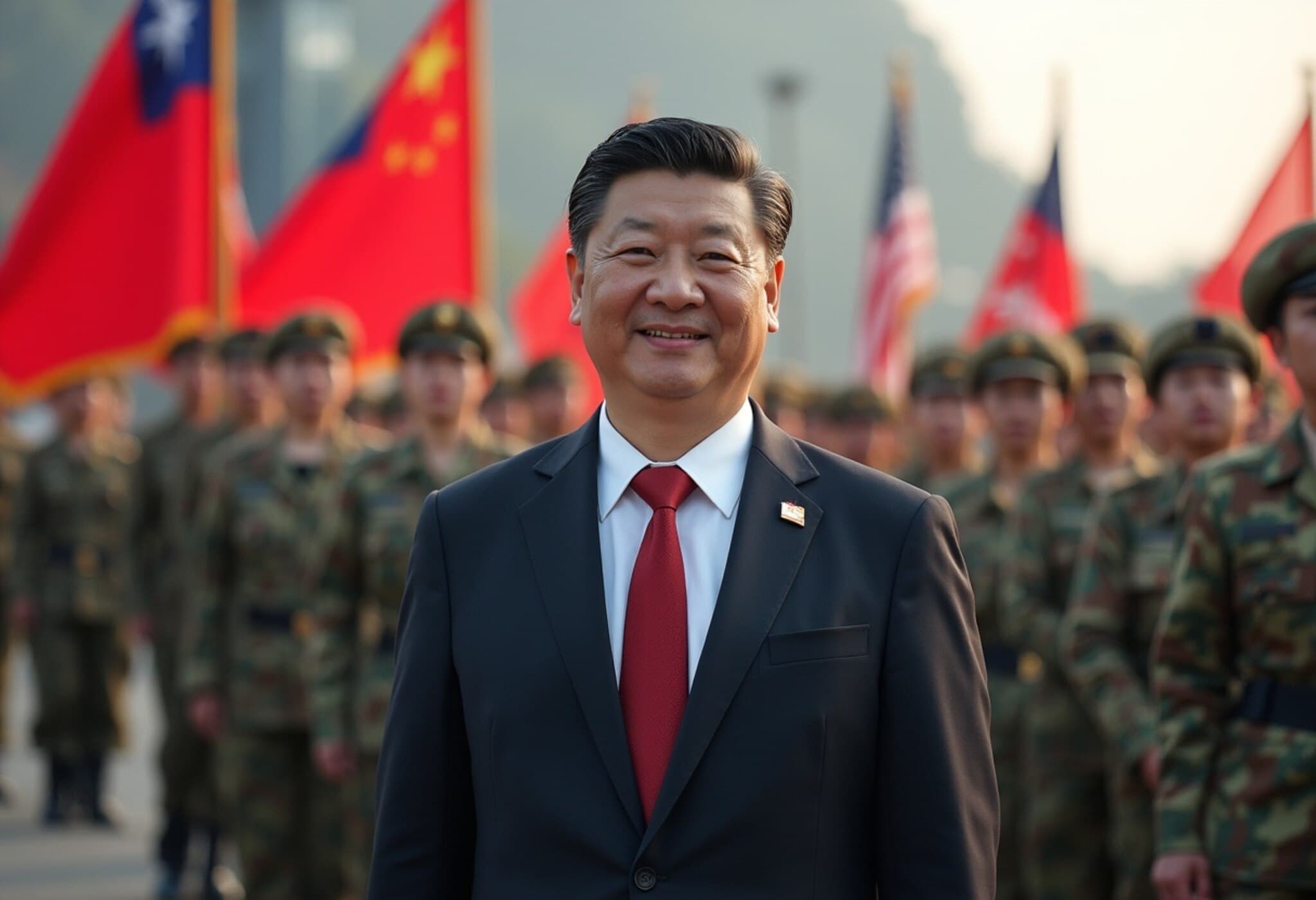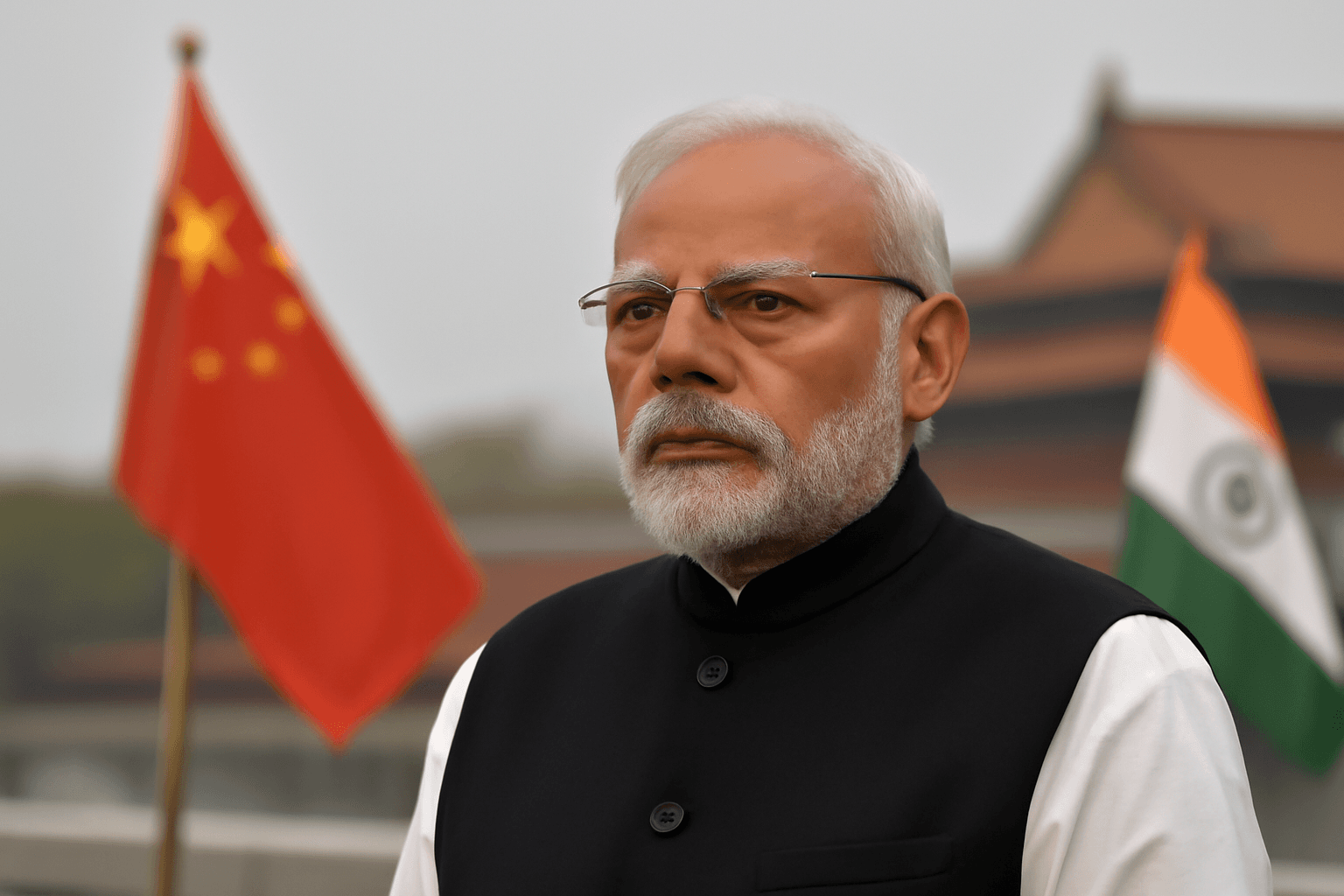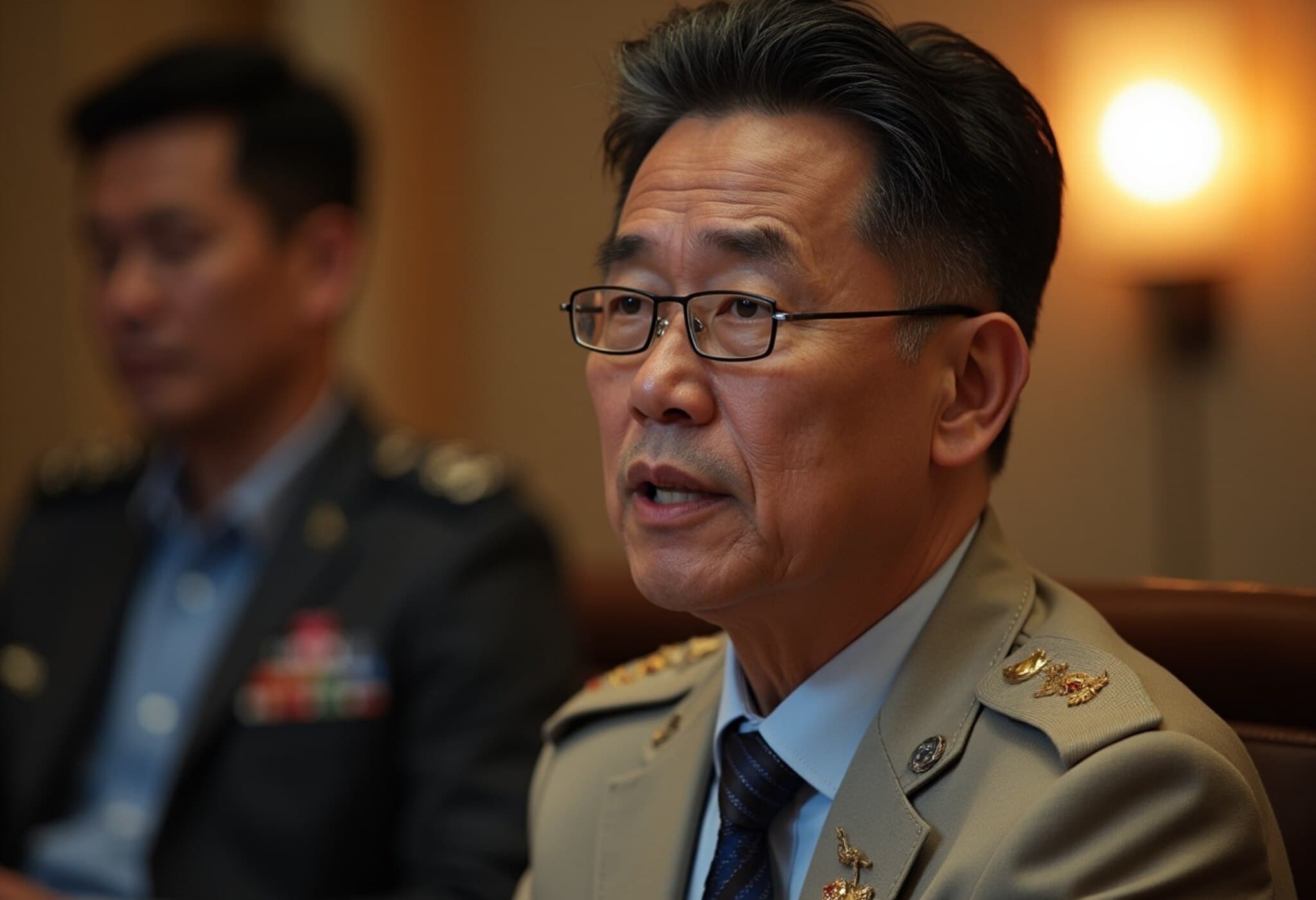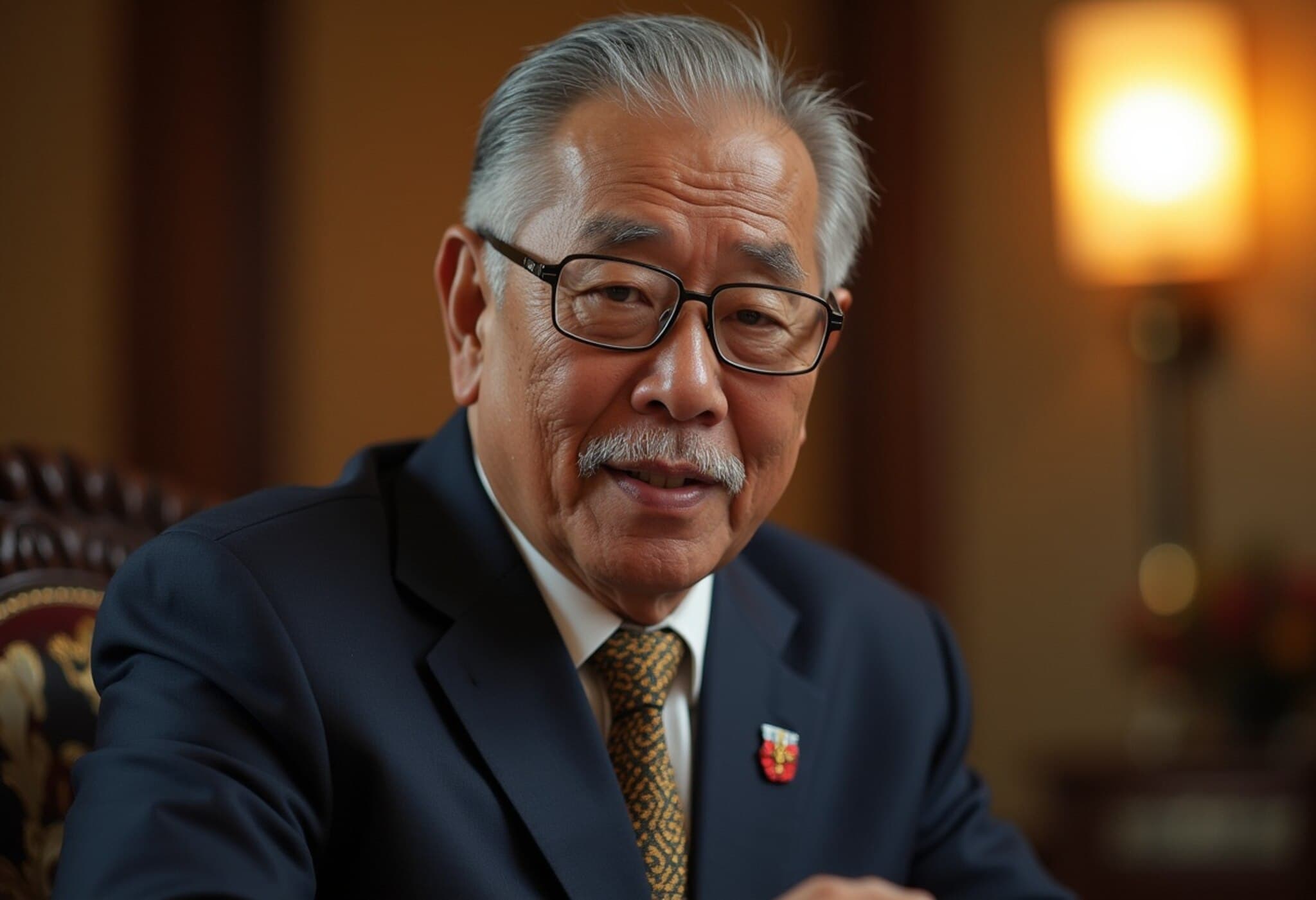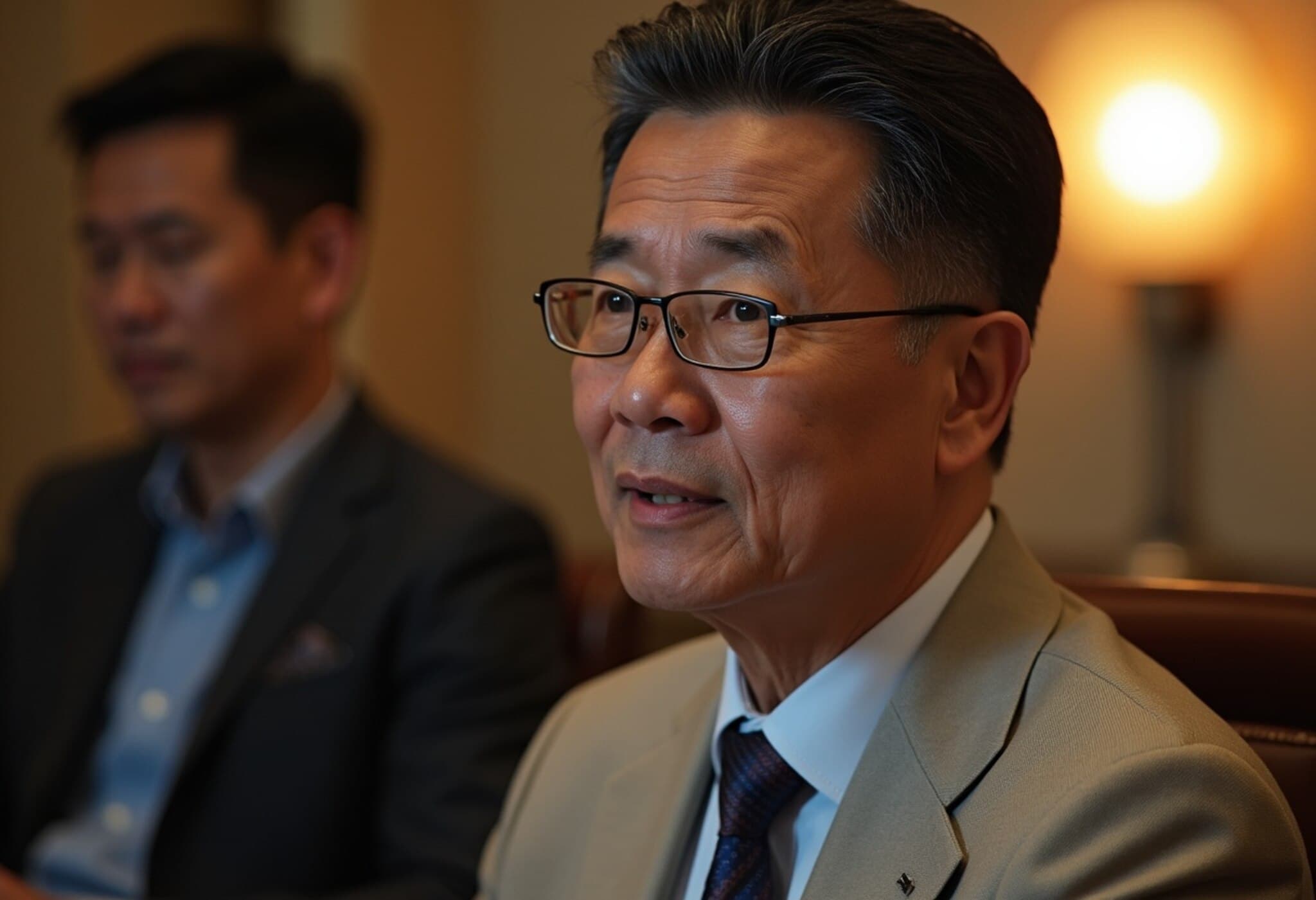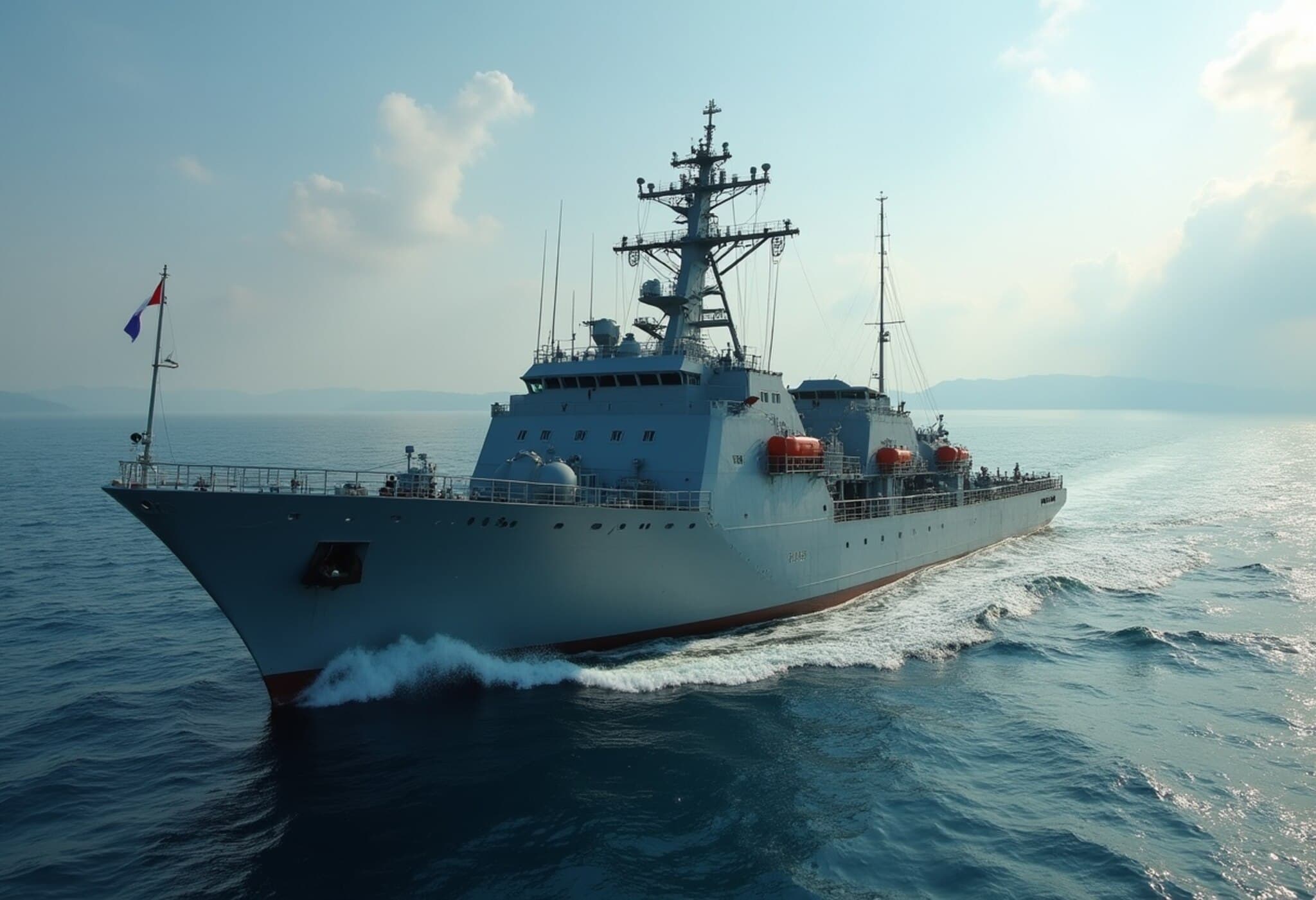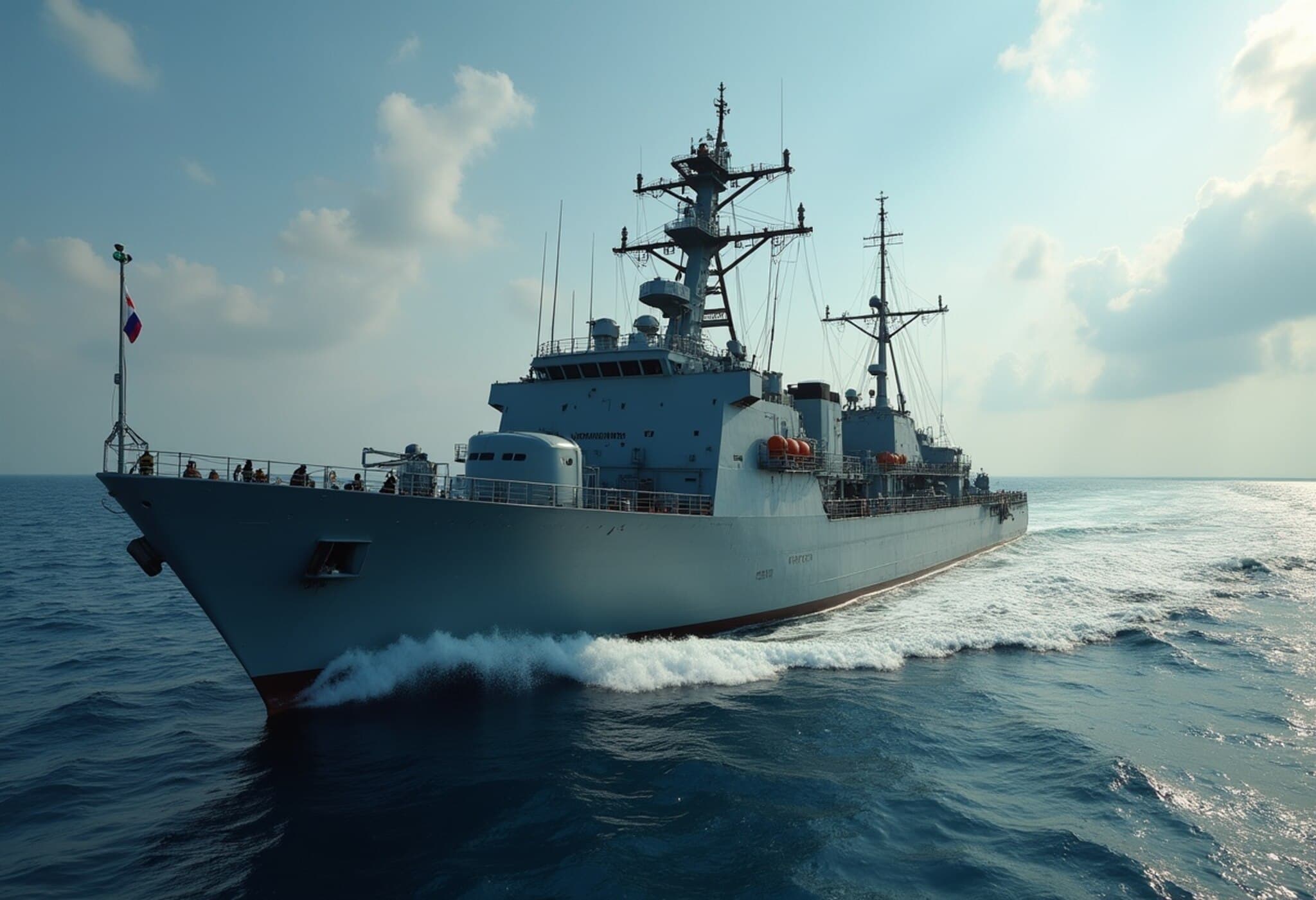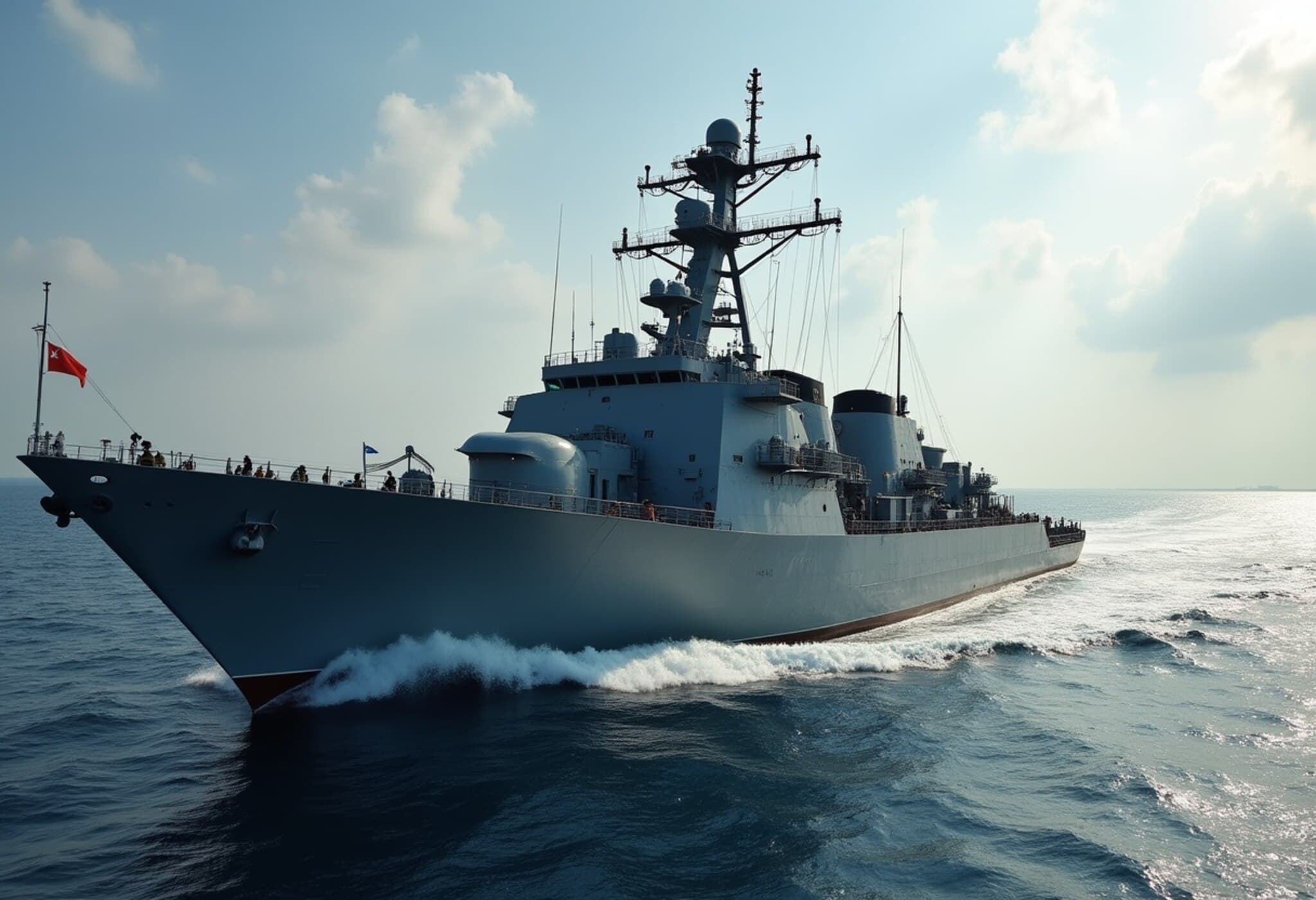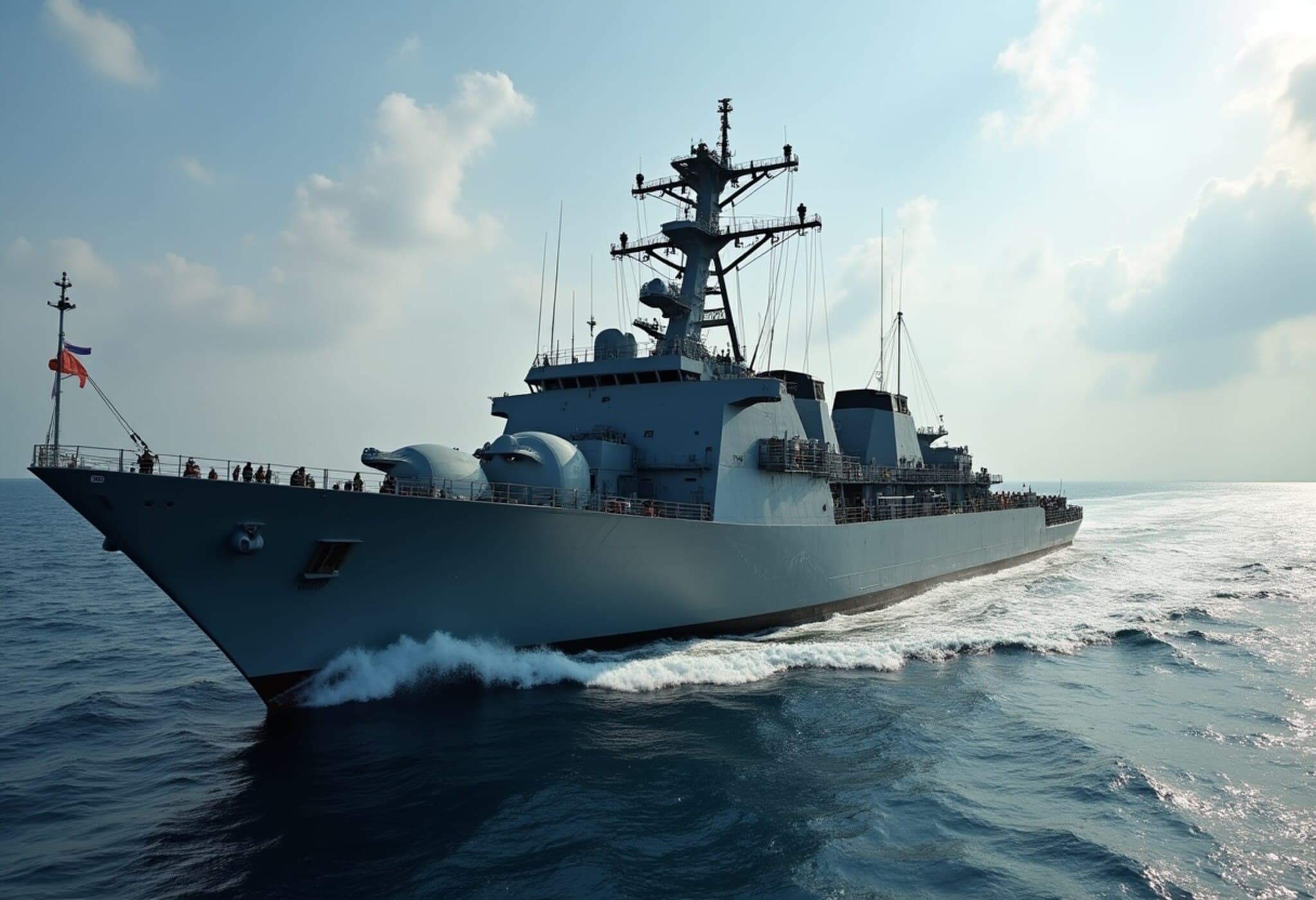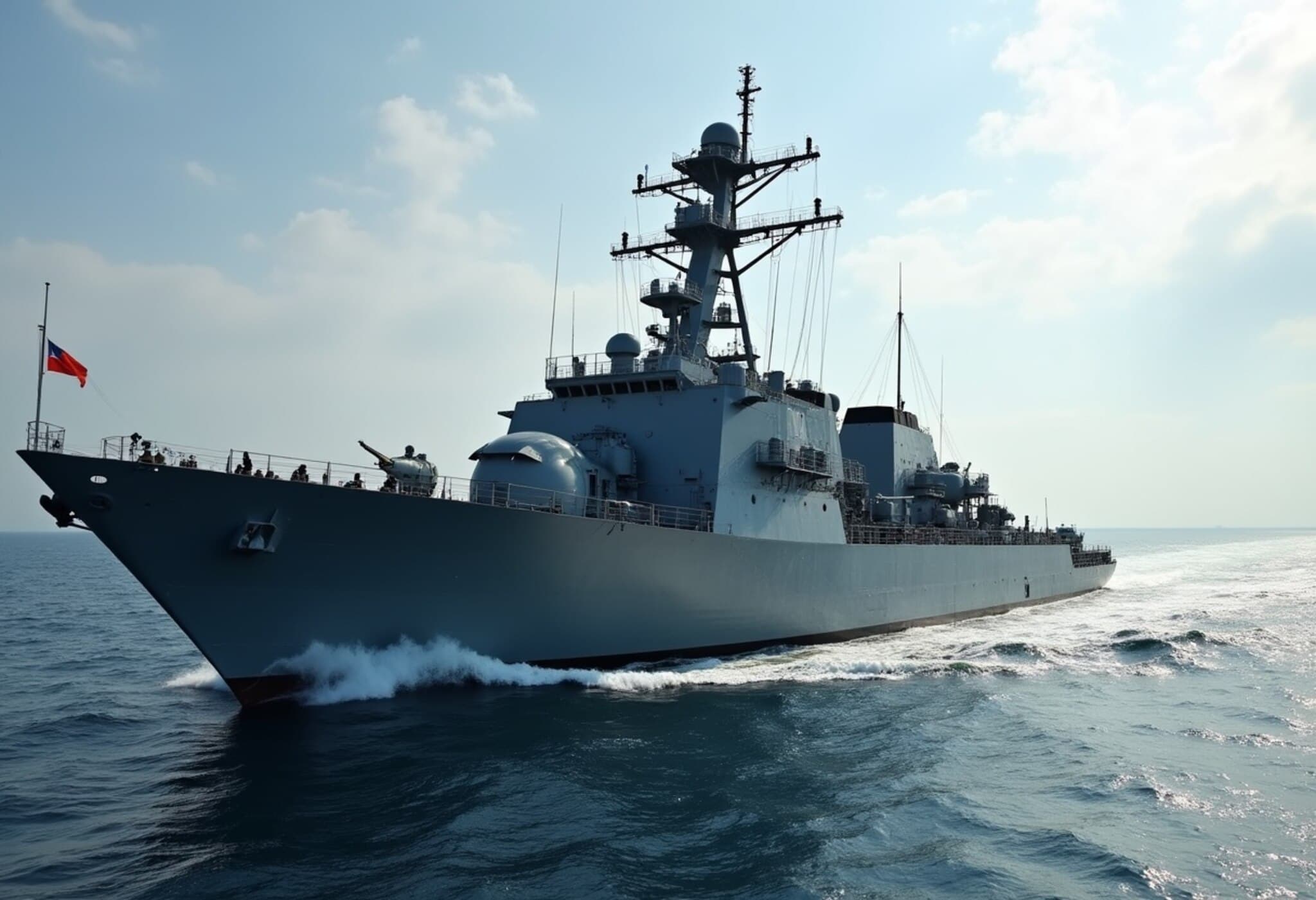Escalating Tensions in the South China Sea Following Marcos Jr’s Taiwan Statement
Relations between China and the Philippines have taken a sharp downturn in recent days, triggered by President Ferdinand Marcos Jr.’s candid remarks on the Taiwan Strait conflict. Just days after Marcos Jr. asserted that the Philippines would be inevitably drawn into any conflict over Taiwan due to geographic realities, a tense maritime encounter intensified the diplomatic strain when a Chinese coast guard vessel aimed water cannons at a Philippine ship near the disputed Scarborough Shoal.
Incidents at Sea: Water Cannons and Hazardous Maneuvers
According to the Philippine Coast Guard spokesperson Jay Tarriela, Philippine vessels and fishermen faced aggressive blocking tactics and dangerous maneuvers by Chinese ships near Scarborough Shoal on Monday. Fortunately, the targeted Philippine ship managed to avoid direct hits from the water cannons. Tarriela also reported a collision between a Chinese Coast Guard ship and a People’s Liberation Army Navy vessel during a high-speed pursuit of a Philippine boat, resulting in substantial damage to the Chinese vessel. The Philippines offered aid to any injured Chinese personnel as a gesture of goodwill amid mounting tensions.
Such use of water cannons by China is not unprecedented; it has been a recurring tool employed to enforce its de facto control over contested waters in the resource-packed South China Sea. Last June witnessed a similar aggressive action against Philippine vessels, underscoring Beijing’s persistent efforts to assert expansive maritime claims that remain highly controversial.
Marcos Jr.’s Comments: A Bold Break from Diplomatic Protocol
In an exclusive interview during his state visit to India last week, President Marcos Jr. boldly acknowledged the inevitability of Philippine involvement should a confrontation erupt over Taiwan. He highlighted the close proximity of Taiwan, with Kaohsiung just a 40-minute flight from northern Philippines, making neutrality practically impossible.
“If there is an all-out war, we will be drawn into it. We will have to go into Taiwan and bring our people home,” Marcos explained, referencing the significant Filipino population residing in Taiwan.
He further emphasized that his remarks reflected pragmatic acknowledgment rather than warmongering: “The Philippines is not preparing for war but responding to the complex challenges we face.”
China’s Cautionary Response and the Philippines’ Stance
Following Marcos Jr.'s statements, Chinese authorities reportedly warned the Philippines to “refrain from playing with fire,” signaling Beijing’s sensitivity to any perceived challenges to its Taiwan policy or territorial claims. Yet, the absence of an official response from the Chinese Embassy in Manila regarding the latest maritime incident hints at Beijing’s preference for calibrated diplomatic messaging amid heightened tension.
Reiterating his commitment to sovereignty, Marcos Jr. stated during a recent briefing: “Despite our fervent desire to avoid conflict, a war over Taiwan will drag the Philippines kicking and screaming into the fray.” This determination to defend Philippine territorial claims remains firm, despite China’s persistent opposition and its rejection of the 2016 international tribunal ruling that invalidated Beijing’s sweeping claims in the South China Sea.
Broader Implications: Strategic, Humanitarian, and Regional Security Concerns
The evolving dynamics in the South China Sea spotlight several critical issues beyond the immediate maritime disputes:
- Strategic Positioning: The Philippines’ geographic location makes it a pivotal player in any regional conflict involving Taiwan, drawing it closer into the geopolitical tussle between the United States and China.
- Humanitarian Stakes: With a substantial Filipino expatriate community in Taiwan, any conflict poses urgent humanitarian challenges requiring evacuation and protection efforts.
- Rule of Law and International Norms: China’s rejection of international legal rulings continues to challenge regional stability and the principle of peaceful dispute resolution.
For U.S. policymakers, the situation underscores the delicate balance of supporting an ally like the Philippines while managing broader Sino-American tensions. It also raises questions about the preparedness and strategy of smaller nations caught between major powers.
Editor’s Note
The recent flare-up in the South China Sea between China and the Philippines following President Marcos Jr.’s Taiwan Strait comments exposes deep-seated fault lines in regional security and diplomacy. As Manila asserts its territorial rights and acknowledges its unavoidable role in a potential Taiwan conflict, the international community must watch carefully how these developments influence broader Indo-Pacific stability. Will diplomacy prevail, or are we witnessing steps toward more direct confrontation? This unfolding story demands continued expert analysis and public awareness.

